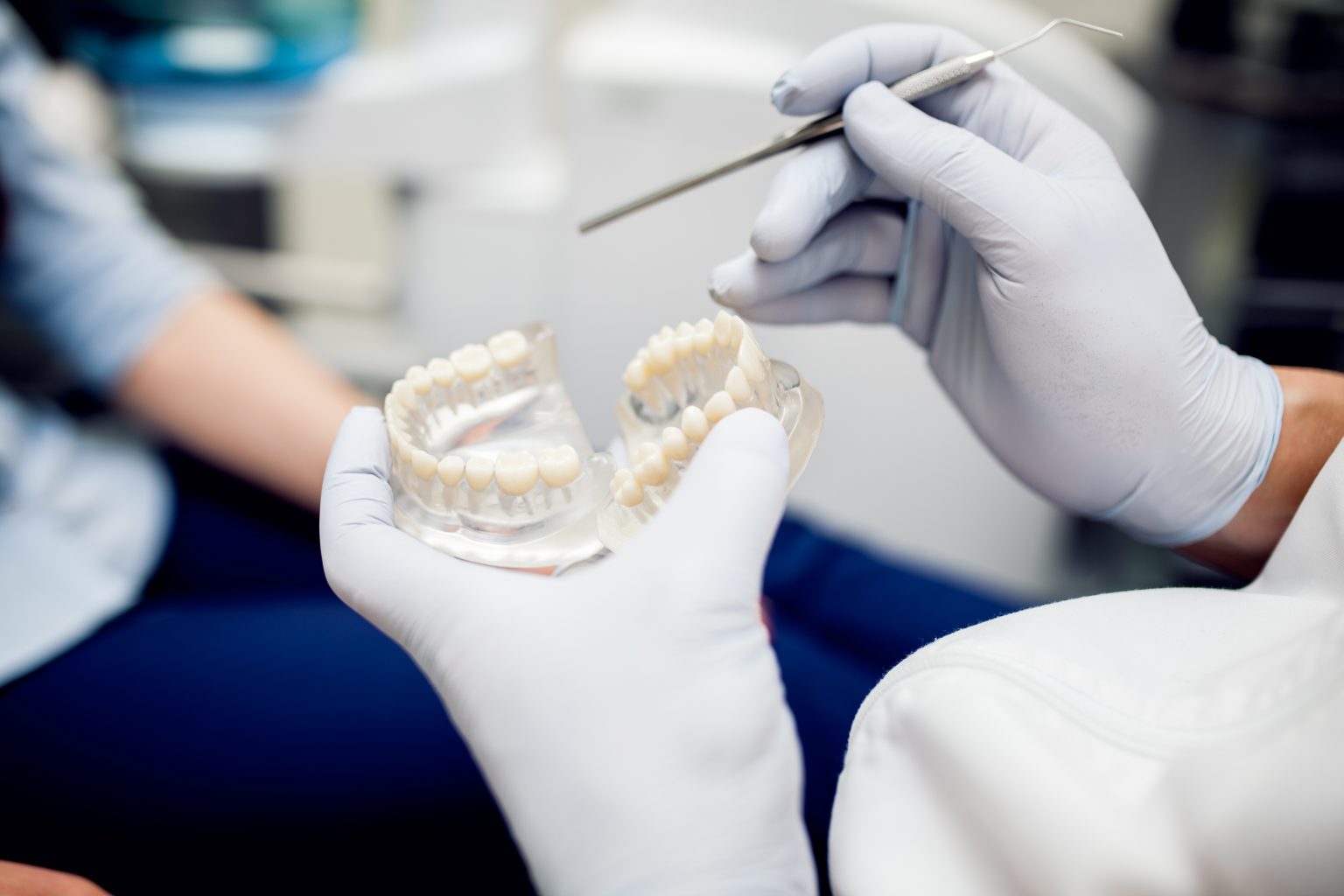Overview
Many individuals experience dental anxiety when they are seeking therapy. Thankfully, one efficient way to allay these anxieties is through oral sedation. Halcion (triazolam), among other oral sedatives, is notable for its efficacy and safety. With an emphasis on Halcion, its advantages, and how it might improve your dental experience, this article examines the top oral sedative choices for dental procedures.
1. What is sedation by oral means?
In order to help patients relax during dental treatments, oral sedation entails giving them a sedative drug in pill or liquid form. Oral sedation is appropriate for a variety of dental procedures, including as fillings, extractions, and cleanings, because it permits patients to stay alert yet relaxed, in contrast to general anesthesia.
2. What is Halcion?
In dentistry, halcion, a short-acting benzodiazepine, is frequently used for oral sedation. It reduces anxiety and promotes relaxation by lowering the central nervous system. Patients who suffer from moderate to severe anxiety when seeing the dentist would particularly benefit from Halcion.
3. What Is the Dental Sedation Process of Halcion?
Patients usually take Halcion 30 to 60 minutes prior to their dentist treatment when prescribed the drug. After consumption, it promotes patients’ feelings of relaxation and calmness. The effects often linger for a few hours, giving the dentist plenty of time to comfortably complete any necessary treatments.
4. What Advantages Does Halcion Offer for Oral Sedation?
For dental sedation, Halcion provides a number of benefits:
- Fast Onset: Patients experience a calming effect fast after consuming Halcion due to its rapid absorption.
- Short Duration: Because of its brief half-life, patients can recuperate from their dental visit more rapidly because the sedative effects wear off rather soon.
- Effective Anxiety Relief: Halcion makes dental operations more bearable by successfully lowering fear and anxiety.
5. Does Halcion Come with Any Risks or Side Effects?
When taken under a dentist’s supervision, Halcion is usually safe, although some patients may have adverse effects like lightheadedness, drowsiness, or a changed sense of time. Because interactions can happen, it is important to let your dentist know about any illnesses or medications you are currently taking.
6. For whom is Halcion oral sedation a suitable option?
Many individuals can benefit from Halcion, particularly those who have moderate to severe dental anxiety. However, people who are taking certain medications or have particular health conditions, such respiratory disorders, might not want to use it. Your dentist will do a comprehensive assessment to ascertain whether Halcion is the best option for your sedative requirements.
7. How Can I Get Ready for Halcion’s Dental Appointment?
Your dentist will give you detailed instructions prior to your appointment. In general, patients ought to:
- A few hours prior to the surgery, refrain from eating or drinking anything.
- Since Halcion may impair judgment and coordination, make arrangements for someone to drive them home afterwards.
- Before the visit, talk to their dentist about any worries or inquiries.
In summary
One of the greatest oral sedatives for dental procedures is Halcion, which efficiently reduces anxiety and guarantees a peaceful procedure. Patients can make well-informed decisions regarding their dental treatment by being aware of Halcion’s advantages and how it operates. To find the best alternative for your next dental appointment, talk to your dentist about Halcion and other oral sedative treatments if you want to feel more at ease.

